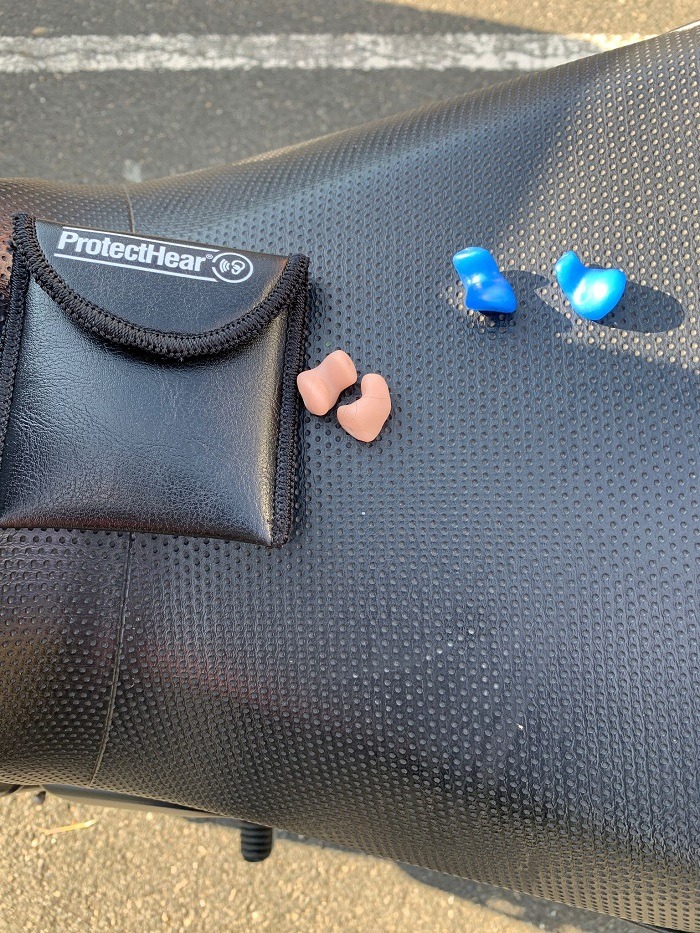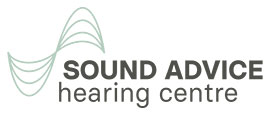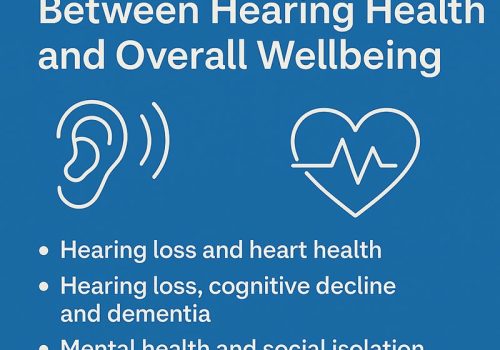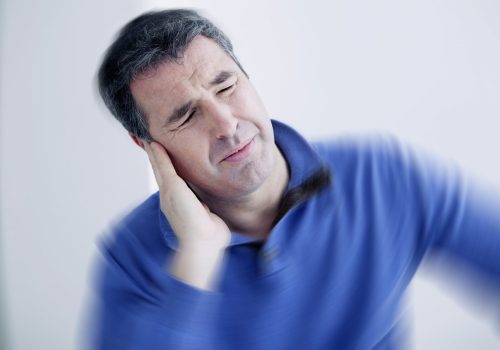Protecting Your Hearing in Noisy Environments: Practical Tips from Sound Advice Hearing

Share this post:
In our increasingly noisy world, protecting your hearing is more important than ever. Whether you’re at a concert, working on a construction site, enjoying a motorsport event, or navigating a loud workplace, taking steps to safeguard your hearing can delay or prevent long-term damage. Here are some practical tips to help you protect your hearing in various noisy environments.
- Understand the Risks
Exposure to loud sounds can cause irreversible damage to your hearing. The risk increases with the volume of the noise and the duration of exposure. Sounds above 85 decibels (dB) can be harmful, especially with prolonged exposure. For reference, normal conversation is about 60 dB, while concerts and construction sites can exceed 100 dB.
- Use Appropriate Ear Protection
Concerts and Music Festivals:
- Earplugs: Use high-fidelity earplugs designed for musicians and concert-goers. They reduce the volume without distorting the sound, allowing you to enjoy the music while protecting your ears.
- Positioning: Try to stay away from speakers and take breaks in quieter areas to give your ears a rest.
Construction Sites:
- Earplugs and Earmuffs: Combine earplugs with earmuffs for maximum protection, especially when operating loud machinery.
- Custom-Fit Protection: Consider custom-moulded earplugs for a more comfortable and effective fit.
Motorsport Events:
- Earmuffs: Heavy-duty earmuffs are ideal for blocking out the high levels of noise typical at motorsport events.
- Dual Protection: As with construction sites, using both earplugs and earmuffs can provide enhanced protection.
Loud Workplaces:
- Regular Use: Always wear ear protection in designated high-noise areas.
- Training: Ensure you are trained on the proper use and maintenance of hearing protection devices.
- Monitor Sound Levels
Awareness of your sound environment is key to protecting your hearing. Use smartphone apps or sound level meters to monitor noise levels around you. If the levels consistently exceed safe thresholds, take action to reduce exposure or increase protection.
- Limit Exposure Time
Even with protection, limiting the amount of time you spend in noisy environments can reduce the risk of hearing damage. Take regular breaks in quiet areas to give your ears time to recover.
- Implement Workplace Controls
For employers and employees in noisy workplaces:
- Engineering Controls: Use quieter machinery or install barriers to reduce noise levels.
- Administrative Controls: Rotate job assignments to limit the time each worker spends in noisy areas.
- Educate and Advocate
Understanding the importance of hearing protection and advocating for safer sound environments can help reduce the risk of hearing damage. Share information with friends, family, and colleagues about the importance of protecting their hearing.
- Regular Hearing Check-Ups
Regular hearing tests can help detect any early signs of hearing damage. At Sound Advice Hearing, we recommend annual check-ups, especially for those frequently exposed to high noise levels. Early detection can lead to better outcomes and allow for timely intervention. Call your local branch for a free hearing test.
Conclusion
Protecting your hearing in noisy environments is crucial for maintaining long-term auditory health. By using appropriate ear protection, monitoring sound levels, limiting exposure, and implementing workplace controls, you can significantly reduce the risk of hearing damage. Remember, your hearing is precious—take steps today to protect it for tomorrow.
For more personalised advice and hearing protection solutions, visit Sound Advice Hearing. Our team of experienced audiologists is here to help you enjoy life’s sounds safely and clearly.




